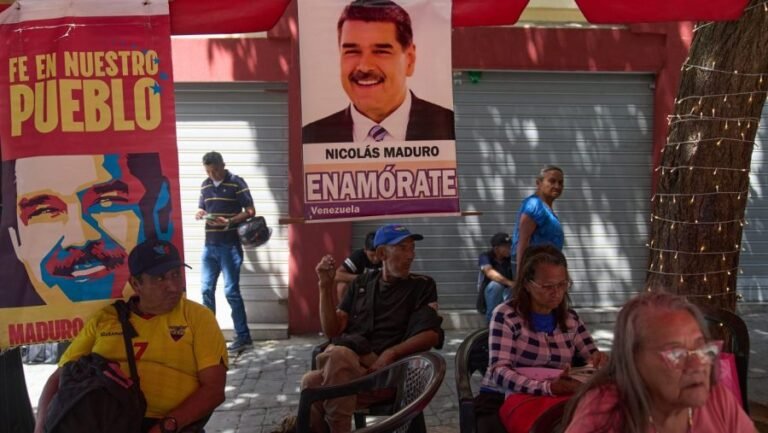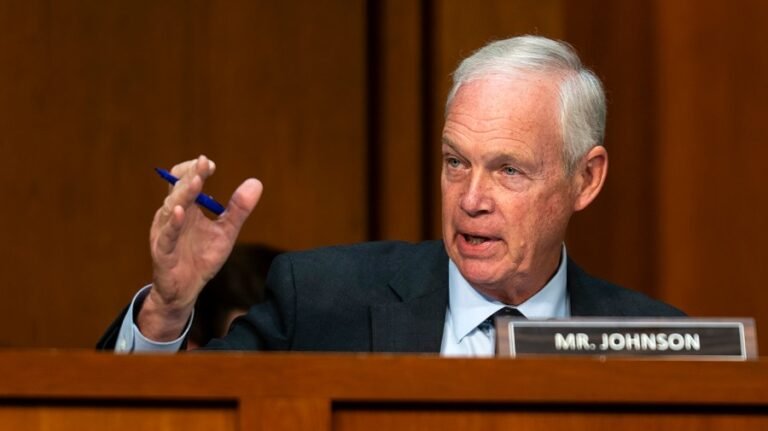
Photos of President Trump’s swollen legs, which the White House attributed to chronic venous insufficiency, have generated considerable speculation that his bloated ankles are a sign of a more serious medical condition.
Social media has been abuzz with unsupported claims that Trump suffers from congestive heart failure. That is total conjecture — and the history of medical deception by U.S. presidents, dating back to George Washington and including the current office holder, suggest that the public is unlikely to learn the true state of Trump’s health anytime soon.
At the same time, there is value in asking what would be done if this president, or any president, were to develop advanced congestive heart failure? The treatment of last resort for this potentially fatal condition is an orthotopic heart transplant.
Donor hearts are a highly scarce resource. More than 3,500 people in the U.S. are on the waiting list. Up to 10 percent will die while waiting, while another 15 to 20 percent will be “delisted” after they grow too sick to survive the transplantation process.
As a result, the nonprofit United Network for Organ Sharing manages a system that ensures organs are allocated fairly based on such factors as medical urgency and biological compatibility. Geography also plays a role, as hearts can only survive outside the body for a matter of hours.
The day will likely arrive when UNOS must decide whether to give priority to an American president, whether the current office holder or another in the distant future, even when doing so is inconsistent with existing protocols. For instance, most hospitals are reluctant to conduct a transplant in any patient over 70. Moreover, the same questions that arise with hearts also apply to other scarce solid organs, such as lungs and kidneys.
The perception that powerful people can “jump the line” has historically provoked considerable public backlash. For instance, when Pennsylvania Gov. Robert Casey Sr. (D) received a heart-liver transplant in 1993, critics alleged he had received special treatment — a claim adamantly denied by UNOS. Similar, unsubstantiated claims clouded the transplants of baseball legend Mickey Mantle, actor Larry Hagman and musician David Crosby.
Even if unfounded, such controversies undermine public trust in the organ allocation system. These doubts, in turn, may lead to fewer donors — outweighing any benefits from publicity surrounding these celebrity transplants.
At the same time, the president is not the governor of Pennsylvania. In the case of nuclear warfare, the leader of the free world would presumably be whisked away to a hardened underground bunker — while I would likely be incinerated, along with my fellow plebeian bioethicists and other hoi polloi. That is a necessary inequity most Americans accept. Moreover, favoring the president might not produce the same backlash as prioritizing a famous person with a history of alcoholism and might well generate a generation of enthusiastic future donors. Nobody can say for sure.
What is clear is that the discussion should begin now, before the issue becomes politicized by a sitting president’s illness. Allocating scarce medical resources is always grim business.
UNOS will have to decide whether presidents — and vice presidents, for that matter — deserve special consideration. The organization should make public its plans for this contingency now, so the American people are prepared for what to expect.
Dr. Jacob Appel is on the psychiatry faculty at the Icahn School of Medicine, where he teaches in the bioethics and history of medicine curriculum. He is the author of 20 books, including “Who Says You’re Dead?” (2019).


